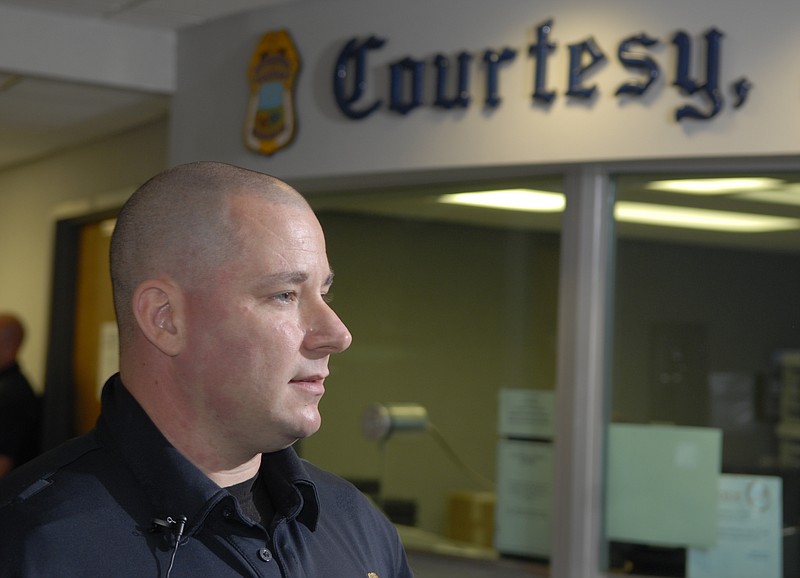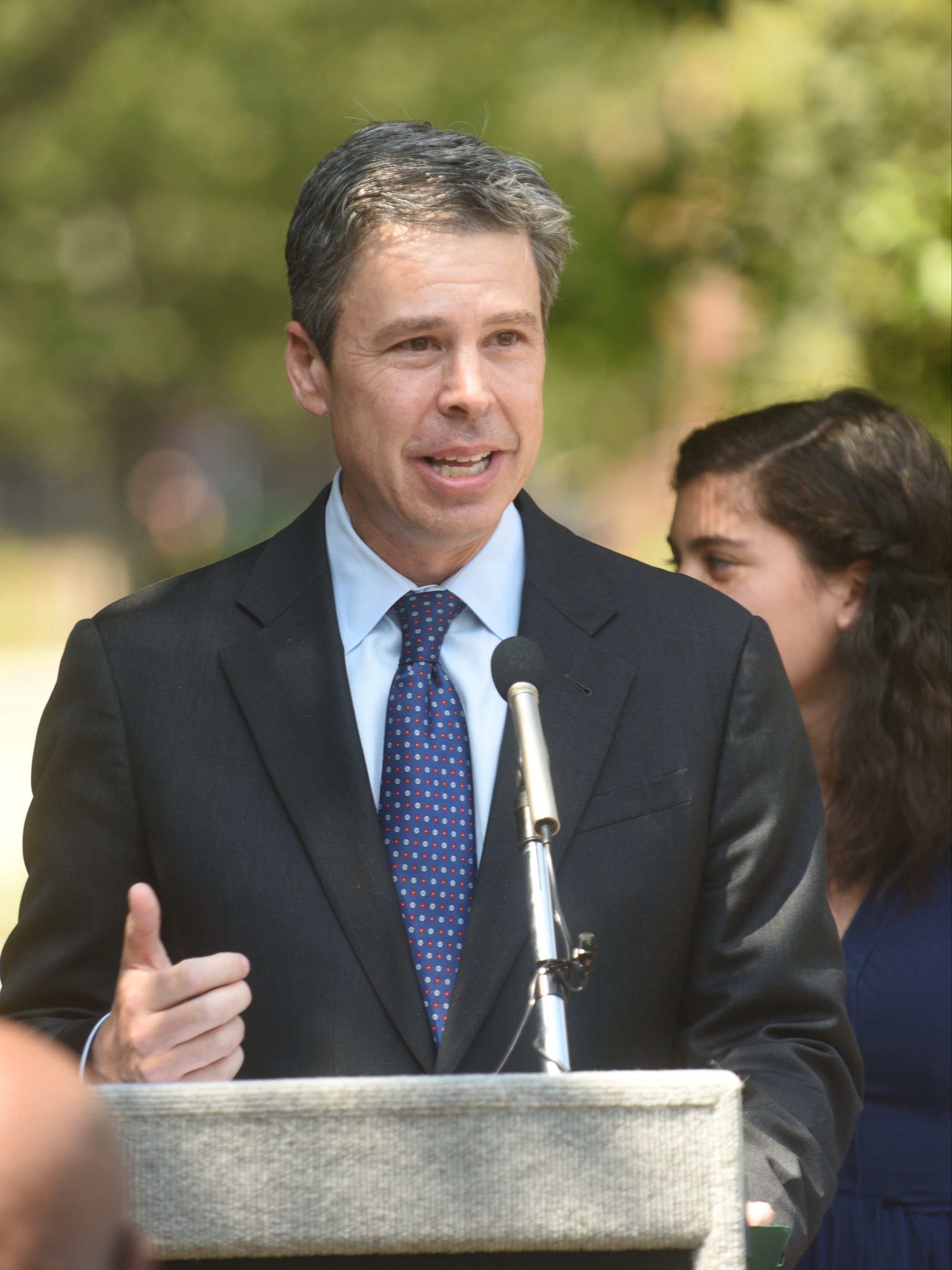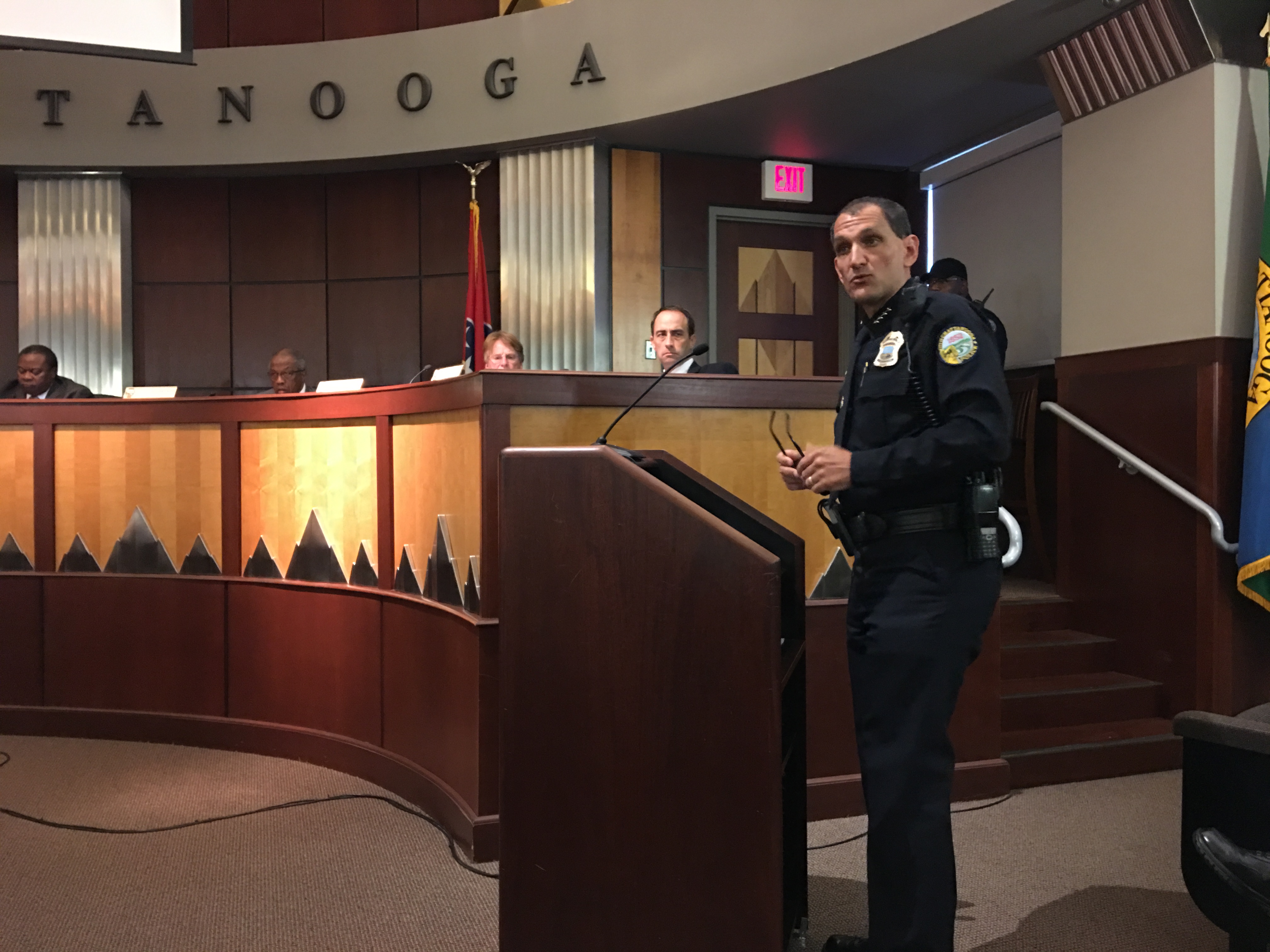The jury is still out on Chattanooga Mayor Andy Berke's Violence Reduction Initiative.
Some in the city believe the mayor should shut it down - that it's a failure because shootings and murders haven't dropped dramatically. Just last week, City Council members asked tough questions about how to measure the success of the social services program - for which they've been paying $290,000 annually - associated with the initiative. But proponents insist there is no quick fix and point to a 24-year trend of falling violent crime in High Point, N.C., where the High Point Intervention - the program on which VRI is based - began.
What is clear is that the principals involved are passionate about the opportunities it offers for change. Those passions were on display at a recent VRI call-in, where more than two dozen group, or gang, members on probation or parole were assembled to hear the rules and consequences of the initiative explained by a number of speakers.
The idea is that the group members present would return to those with whom they associate and deliver the message they heard over and over during the hour-plus presentation - don't kill anyone and don't be a part of the most violent group.
They also are offered help with case management, court advocacy, mentoring and job placement services via the social services agency Hope for the Inner City through its Father to the Fatherless program.
One speaker said privately that perhaps 10 percent of the group members present will pick up the phone and give the agency a call.
Nevertheless, if they follow the two mandates - don't kill and don't be the most violent group - they are ahead of the game. In fact, Berke told them that by just being present at the call-in that they statistically have a better chance of not being involved in violent crime.
In addition to Berke, Chattanooga Police Chief Fred Fletcher, Public Safety Director Troy Rogers, Hamilton County Assistant District Attorney Kevin Brown, Chattanooga Police gang task force leader Sgt. Josh May, federal prosecutor T.C. Makaya, two representatives of the Father to the Fatherless agency, a pastor and the mother of a victim of local violence all spoke.
Many of the speakers knew the individuals at the call-in, called them by nicknames, had been in their homes and talked knowledgeably about their family members.
Rogers told gang members that they were loved, that all those in the audience loved them and that all wanted the best for them.
Several speakers warned them of consequences. A digital screen displayed one slide in which a number of convicted local residents were pictured. They had been convicted of charges in federal court and were now in prisons across the country for sentences ranging into the next century. The locations made visits from friends and family members difficult. They made for a lonely life far away from home.
One speaker had been there - living the same life as those who sat before him - and come out the other side. He'd been in prison, been a part of the streets, seen things no one should have to see.
And when the victim's mother spoke, the room was silent except for her clear voice. She talked about her son's potential, about his not being perfect but not deserving to die, about not being able to see him do all the things a mother might expect to see her child do.
The final words came from Rogers, along with an invitation - maybe even a plea - to the audience to come up and "love on" the group members, a group several speakers privately said had been the most violent group ever invited.
One group attendee, a man in his 20s who had an open, smiling face and looked younger than his years, said he didn't understand why he was there - that he didn't do any of the things that were discussed. Another had been "blessed" with a decent job, he said, and was moving forward.
According to VRI information, using numbers before the most recent call-in, 145 of the 198 previous attendees had been re-arrested, 30 had been involved in gun arrests, eight had been shot and two had been killed.
On the surface those statistics don't appear promising, but we want to believe many of the 53 who haven't been re-arrested have chosen to change their lives, to stop living on the edge, to seek a new reality. We want to believe some from the most recent group may seek that same reality.
Because away from their homes and off the streets, the youth of the group members, the innocence they possess beneath their toughness, and their potential to make a difference in the world are evident.
We hope they see it too.



